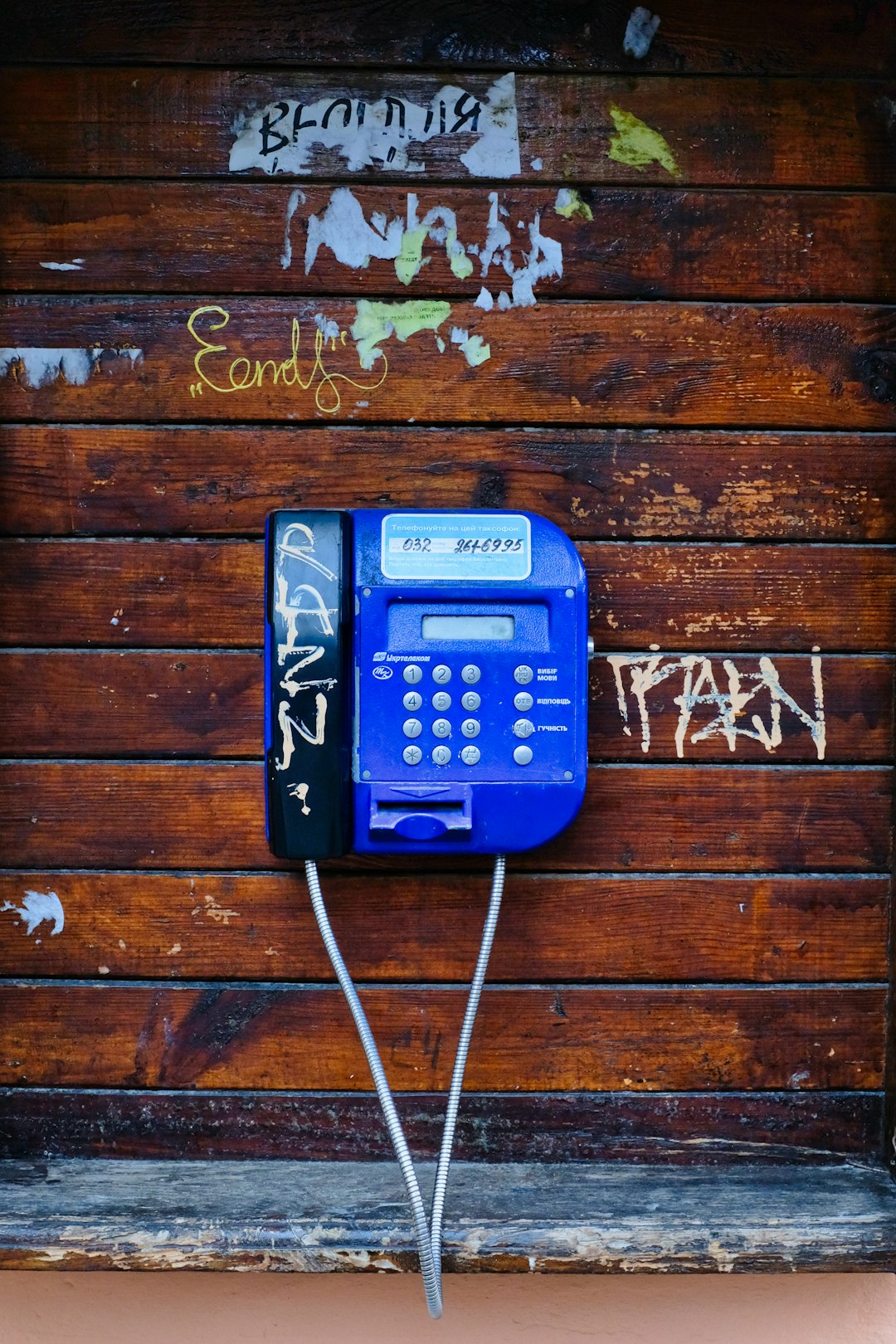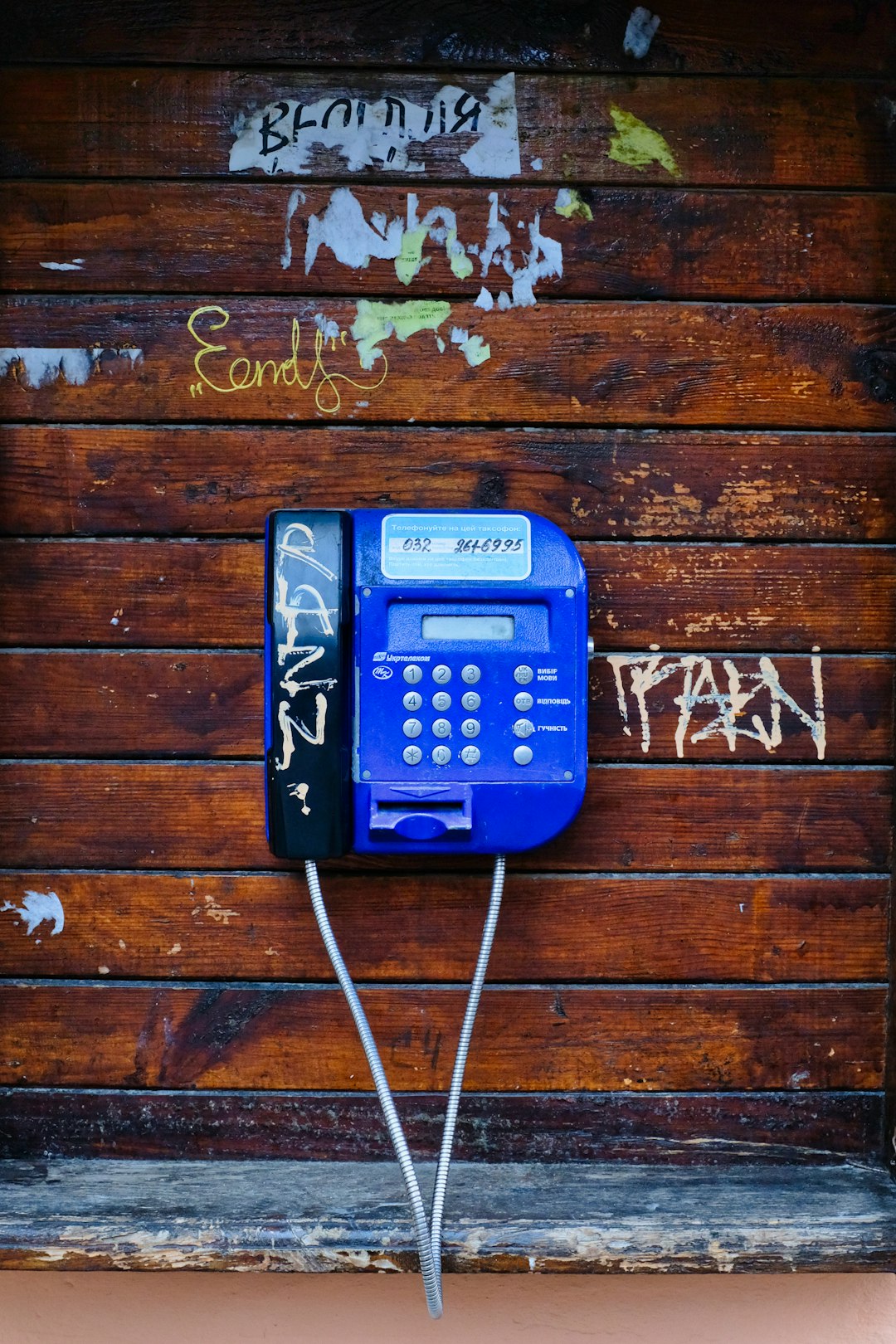In the digital age, "spam texts" are a common nuisance in Pennsylvania, leading to stricter state laws under the Unfair and Deceptive Practices Act (UDPA) that prohibit unsolicited text messages without prior consent. Consumers can protect themselves by identifying and reporting spam, blocking senders, registering with the National Do Not Call Registry, and avoiding interaction. These measures empower residents to reduce exposure to unwanted texts and safeguard their privacy, with significant legal protections in place against intrusive messaging practices.
In Pennsylvania, understanding and navigating spam text messages is crucial for all phone users. This guide explores the legal framework surrounding spam texts in the state, empowering residents with knowledge on identifying and reporting these unwanted messages. We delve into the rights of Pennsylvania users against spam and offer practical tips for prevention and protection. Stay informed to stay safe in light of these evolving spam text laws.
Understanding Spam Texts and Their Legal Framework in Pennsylvania

In the digital age, “spam texts” have become a pervasive and often annoying aspect of daily life for many Pennsylvanians. These unwanted text messages, typically advertising products or services, can be from businesses, marketing firms, or even unknown senders. They’re not only irritating but also pose significant legal implications under Pennsylvania’s strict anti-spam laws.
Pennsylvania has implemented comprehensive regulations to protect its residents from intrusive and deceptive spam texts. The state’s Unfair and Deceptive Practices Act (UDPA) prohibits the use of misleading or aggressive marketing tactics, including unsolicited text messages for commercial purposes without prior express consent. These laws empower consumers to take action against violators and seek legal recourse for any harm incurred due to spam texts.
Identifying and Reporting Spam Text Messages

Identifying spam text messages is the first step in protecting yourself as a Pennsylvania phone user. These unwanted messages often appear as mysterious or anonymous senders, promoting products, services, or even containing suspicious links. They can be easily recognized by their frequent occurrence, irrelevant content, and lack of personal customization.
Reporting these spam texts is equally important. Many mobile carriers offer tools to block and report such messages directly from your device. Users should also consider registering with the National Do Not Call Registry, which can help filter out most unwanted calls and texts. By taking these proactive measures, Pennsylvania residents can significantly reduce their exposure to spam texts and enjoy a more secure communication experience.
Rights of Pennsylvania Phone Users Against Spam Texts

Pennsylvania phone users have rights when it comes to protecting themselves from unwanted spam texts. According to the state’s laws, businesses and organizations are prohibited from sending mass text messages that promote or advertise goods or services without prior consent. This includes any form of marketing or sales message, as well as messages related to charitable causes or political campaigns.
Users can take several steps to assert their rights. Firstly, they should not reply to or interact with spam texts, as this could be interpreted as consent for future messages. Instead, consumers can report these messages to the Pennsylvania Attorney General’s office, which has a dedicated section for handling consumer complaints related to spam texts and other forms of unwanted communication. The state’s laws empower residents to take action against these intrusive messaging practices.
Preventing and Protecting Yourself from Spam Texts in PA

In Pennsylvania, as in many other states, there are strict laws in place to protect phone users from spam texts. These rules are designed to prevent unsolicited and unwanted messaging, giving residents more control over their communication. By understanding these regulations, you can better protect yourself from potential spam. One key measure is opting out of receiving promotional messages by texting ‘STOP’ to the sender or following the opt-out instructions provided in the text. This simple step can significantly reduce the volume of spam texts you receive.
Additionally, many service providers offer tools and features that help filter out spam before it reaches your inbox. Utilizing these options, such as message blocking and filtering services, is an effective way to stay protected. Regularly reviewing your phone’s settings and keeping software up-to-date ensures these safety measures remain functional. Staying informed about the spam text laws in PA empowers you to take proactive steps, ensuring a safer digital environment for all Pennsylvania residents.






